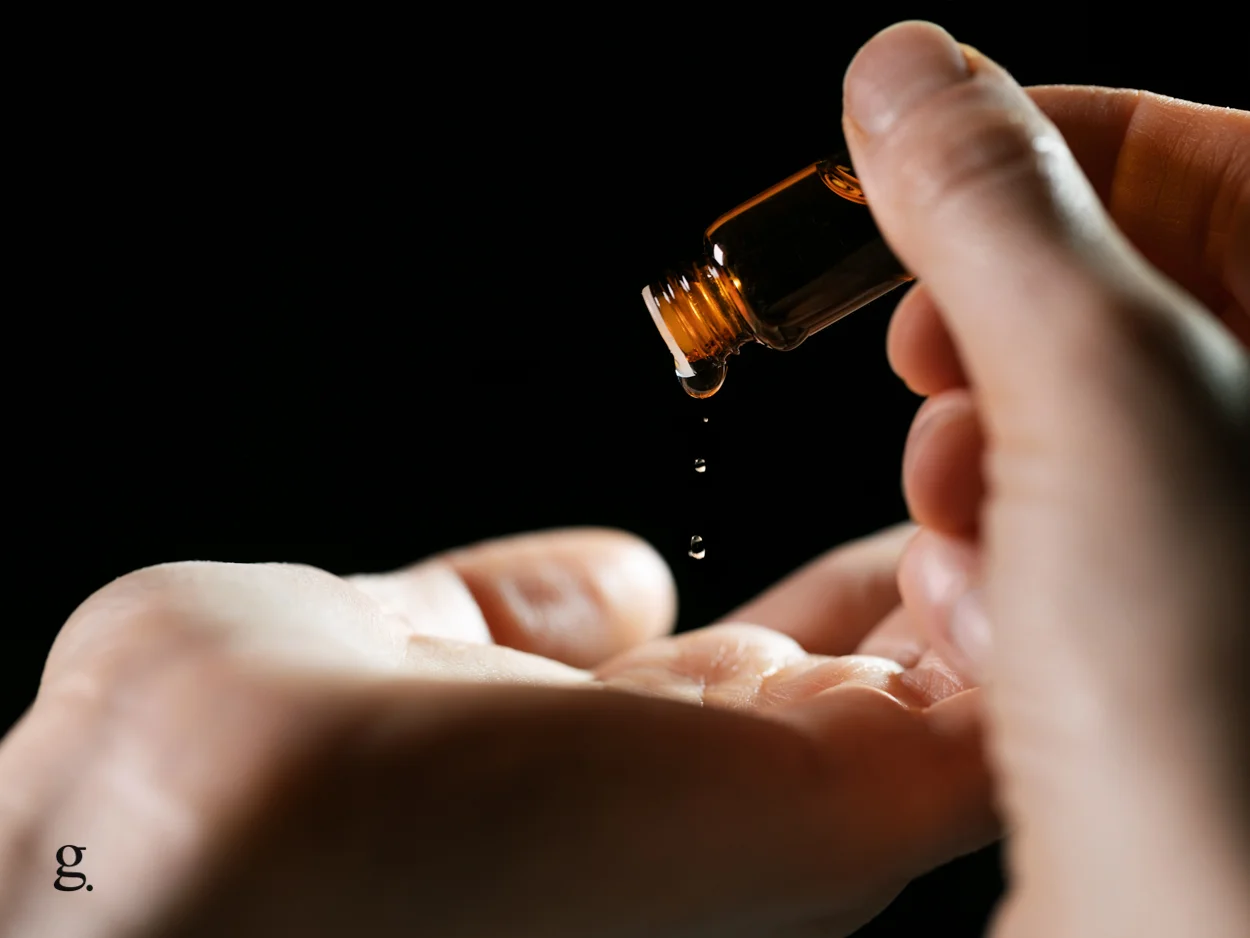Essential oils have become a popular addition to many people’s daily routines. They’re known for their relaxing and therapeutic properties, and can be used in a variety of ways such as aromatherapy, skincare, and haircare.
However, when it comes to using essential oils, accidents can happen, and one of the most common mishaps is getting the oil on your skin. Essential oils are highly concentrated and can cause irritation, redness, and even burns if not properly handled.
The correct way to remove essential oil
Essential oils need to be handled with care. One of the most common issues with essential oils is accidentally getting them on your skin. Essential oils are highly concentrated, and if not handled properly, they can cause irritation, redness, and even burns.
When removing essential oil from your skin, it’s important to take the right steps to avoid further irritation or damage to your skin. There are several methods you can use to remove essential oil from your skin, depending on how long the oil has been on your skin and how severe your reaction is.
1. Wash with Soap and Water
Washing the affected area with soap and water is the easiest and most straightforward way to remove essential oil from your skin. This method is ideal if the oil has only been on your skin for a short period. Start by rinsing the affected area with water, then apply a gentle soap to the area and lather it up. Rinse with water again and pat dry.
2. Dilute with Carrier Oil
If the essential oil has been on your skin for a longer period and has already started to cause irritation, diluting it with a carrier oil is an effective way to remove it. Carrier oils such as coconut, almond, or jojoba oil can help dilute the essential oil and soothe your skin. To do this, mix a few drops of carrier oil with the essential oil on a cotton ball or a piece of cloth, and apply it to the affected area. Leave it on for a few minutes to allow the oils to penetrate your skin, then wash it off with soap and water.
3. Use Rubbing Alcohol
Rubbing alcohol is an effective way to remove essential oil from your skin, particularly for essential oils that are more difficult to remove. Rubbing alcohol works by breaking down the essential oil, allowing it to be washed away with soap and water. To use rubbing alcohol, apply a small amount to a cotton ball or a piece of cloth, and gently rub it on the affected area. If the rubbing alcohol is too strong, dilute it with water to avoid further irritation.
4. Try Vinegar
If you don’t have rubbing alcohol on hand, vinegar can be used as a substitute. Vinegar is acidic, and it can help break down the essential oil on your skin. Mix equal parts of vinegar and water, and apply it to the affected area with a cotton ball or a piece of cloth. Leave it on for a few minutes, then wash it off with soap and water.
Remember, if you’re experiencing a severe reaction to the essential oil, or if it has gotten into your eyes or mouth, seek medical attention immediately. It’s important to keep in mind that everyone’s skin reacts differently to essential oils, and some people may experience more severe reactions than others.
How to neutralize essential oil smell
If you’ve ever used essential oils, you know that they have a potent scent that can linger on your skin for hours, if not days. While some people enjoy the scent of essential oils, others find it overwhelming and may want to neutralize the smell. Here are some effective methods for neutralizing the scent of essential oils:
1. Use Baking Soda
Baking soda is an effective natural deodorizer that can help neutralize the scent of essential oils on your skin. Simply mix a tablespoon of baking soda with water to create a paste, then apply it to the affected area and massage it in. Rinse with water and pat dry.
2. Apply Lemon Juice
Lemon juice is another natural deodorizer that can help neutralize the scent of essential oils. Squeeze some lemon juice onto a cotton ball or a piece of cloth and apply it to the affected area. Leave it on for a few minutes, then rinse it off with water.
3. Use Witch Hazel
Witch hazel is a natural astringent that can help reduce the scent of essential oils. Apply a small amount of witch hazel to a cotton ball or a piece of cloth and dab it on the affected area. Leave it on for a few minutes, then rinse it off with water.
4. Try Activated Charcoal
Activated charcoal is another natural deodorizer that can help absorb the scent of essential oils on your skin. Mix a small amount of activated charcoal powder with water to create a paste, then apply it to the affected area and massage it in. Rinse with water and pat dry.
Conclusion
Applying essential oils directly to your skin will usually be fine, however, in certain cases, you may want to remove it (if you’re experiencing a skin reaction for example).
Annoyingly, essential oils can be hard to clean off without the correct methods.
The best ways to remove essential oil from your skin include washing with soap and water, diluting with a carrier oil, using rubbing alcohol, or trying vinegar. Additionally, if you want to neutralize the scent of essential oils on your skin, you can use natural deodorizers such as baking soda, lemon juice, witch hazel, or activated charcoal.
Remember that everyone’s skin reacts differently to essential oils, so if you experience a severe reaction, seek medical attention immediately.

